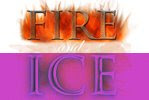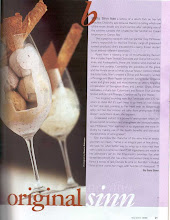Classical elements in China
In Taoism there is a similar system of elements, which includes metal and wood, but excludes air, which is replaced with the non-element qi, which is a force or energy rather than an element. In Chinese philosophy the universe consists of heaven and earth, heaven being made of qi and earth being made of the five elements (in the Chinese view, the attributes and properties of the Wastern and Indian Air element are equivalent to that of Wood, where the element of Ether is often seen as a correspondent to Metal).
The five major planets are associated with and named after the elements: Venus is gold, Jupiter is wood, Mercury is Water, Mars is Fire, and Saturn is Earth. Additionally, the Moon represents Yin, and the Sun represents Yang. Yin, Yang, and the five elements are recurring themes in the I Ching, the oldest of Chinese classical texts which describes an ancient system of cosmology and philosophy. The five elements also play an important part in Chinese astrology and the Chinese form of geomancy known as Feng shui
The doctrine of five phases describes two cycles of balance, generating or creation (生, shēng) cycle and an overcoming or destruction (克/剋, kè) cycle of interactions between the phases.
Generating: Wood feeds fire;
Fire creates earth (ash);
Earth bears metal;
Metal collects water;
Water nourishes wood.
Overcoming: Wood parts earth;
Earth absorbs water;
Water quenches fire;
Fire melts metal;
Metal chops wood.














No comments:
Post a Comment